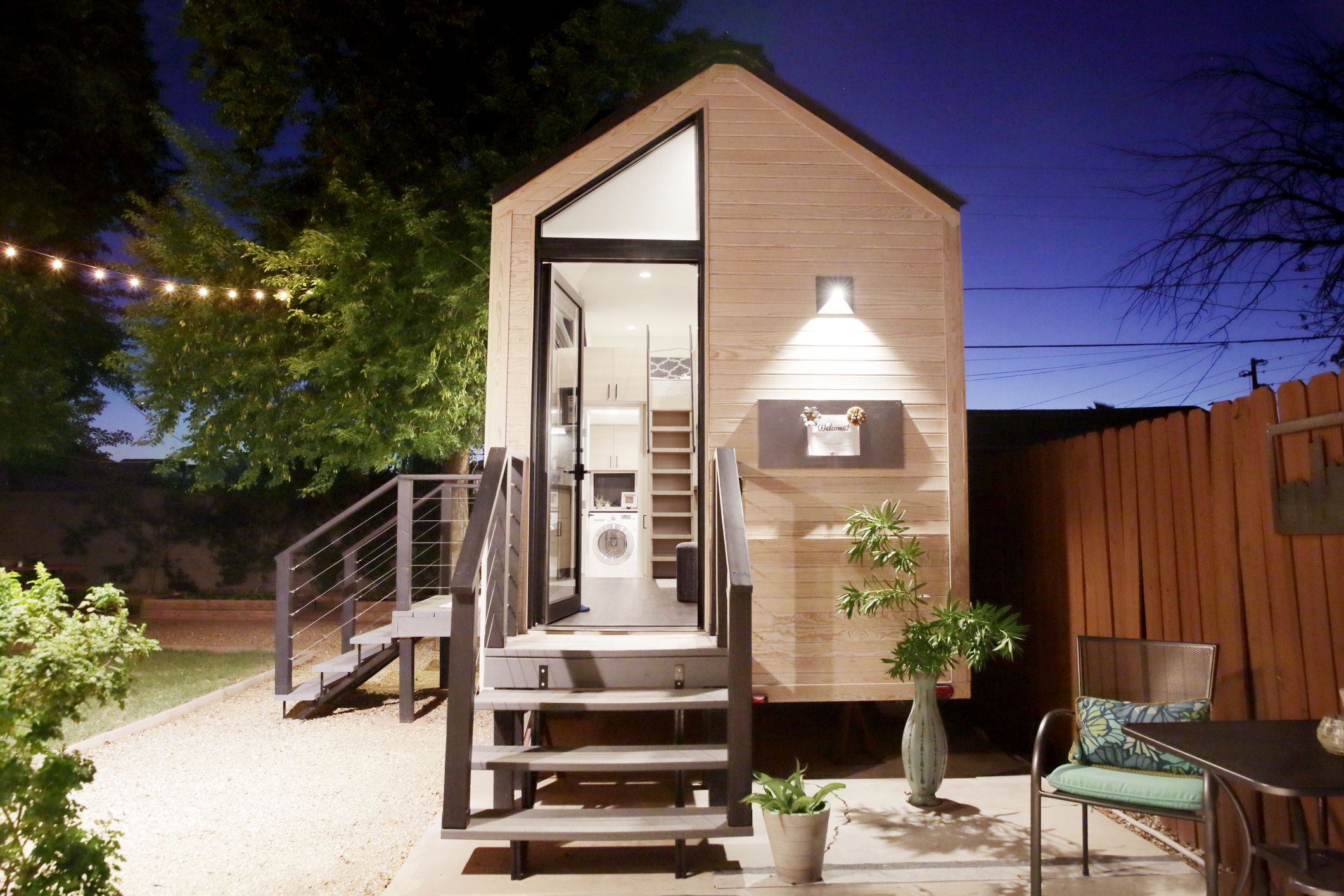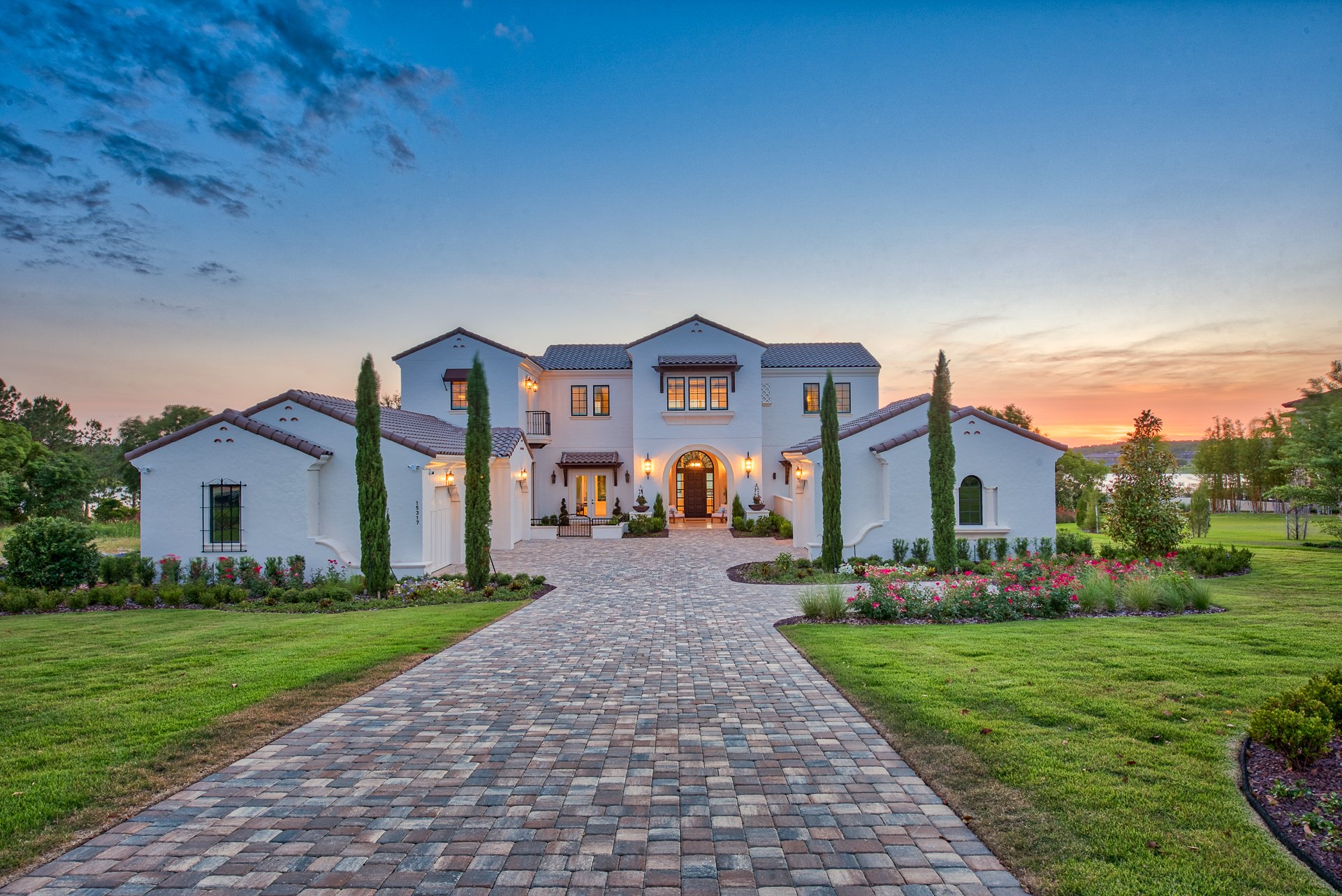Translators get to see a great deal of rental aparment agreements. Big ones, small ones, fat ones, skinny ones, unclear ones, long ones and horribly limiting ones. From outrageous airing guidelines to old quiet time stipulations, from cold lease to warm water, here's what to anticipate when you're provided with a tenancy agreement for a flat in Germany. We're likewise delighted to help in more information if you actually need to know what you're entering before you sign on the dotted line.
Almost half of the population in German leas, and up until just recently, it's been easy to see why. Rental costs have been relatively cheap and conditions very favourable for lessees. Yet as lease costs skyrocket in the big cities and as clever residential or commercial property developers get wind of the altering conditions, Bureaucracy Translation has actually seen rental contracts getting longer, more stringent and scarier (not unlike the rental rates themselves!).
The parts of a rental agreement
The agreement
The Mietvertrag (contract/ rental arrangement/ lease) itself includes some crucial info such as
- the cost of your rent monthly
- whether increases are permitted, and if so, how they are controlled
- the duration of the agreement
- the deposit amount
- description of the area and any additional fittings or pieces of furniture that may be included
- who is accountable for repair work and damages
- how to cancel or extend it
- restoration work
- how to leave the apartment or condo when you leave
- your home rules
- the handover report
Typical stipulations in German leases

The cost of your rent
There will be a Kaltmiete (cold lease - the simple expense of having the roofing system over your head) and after that there will be Nebenkosten (extra charges) such as Betriebskosten (operating expense for the building like waste disposal, stairwell cleaning) and Strom- und Heizkosten (heating and electrical power costs). Both the lease and the extra charges are normally computed or approximated according to the size of your apartment - the bigger it is, the more you pay. Gas, electricity and telephone contracts are usually the occupant's organization, and it might be possible to pick your own service providers.
Something to keep in mind: the property owner will often estimate the charges in advance and subtract them monthly. At the end of the year, you get a yearly statement for running expenses which works out how much whatever actually DID cost. If you've paid excessive, you'll get the difference back. Utility contracts often work similarly: they approximate what you'll pay, deduct it monthly, and after that refund or charge the distinction at the end of a specific duration.
Rent increases
There was a law introduced in 2015 called the Mietpreisbremse to stop lease increases from getting out of control. It was adopted in more than 300 German cities. One of the rules is that a new rental contract can't require rent of more than 10% of the average cost for a rented apartment or condo in the location. But recently built homes are not covered under this rule, and modernisation steps likewise give proprietors wiggle space to increase the cost. Tip: Discover just how much the previous renter paid, even if you have actually currently signed the rental agreement. A property manager can't increase the cost by more than 10% of what the previous tenant was paying (unless they do some modernisation that increases the worth of the flat). If essential, you could sign the agreement to secure the flat and after that go after up the proprietor to get your rent minimized (perhaps with some legal support).
Staffelmiete (stepped lease) suggests that the lease increases every year in line with inflation and the boosts are secured for the next few years. There is no particular limitation here - the increases might be secured for the next 3 or 5 or ten years. If you're signing one of these, look out for for how long your dedication is before you can cancel - as much as 4 years is legally allowable. They can't increase your lease for at least one year from finalizing.
The duration of the lease
It may be a fixed-term agreement or it will be concluded for an unrestricted duration. You might get a fixed-term contract if the property manager is preparing to utilize the home themselves later down the track, or if it is furnished. Fixed-term agreements can be difficult to break early, so you'll be liable to occupy the place for the entire term, even if you wish to leave early, unless you can find an ideal replacement renter and your property owner concurs to this.
The Kaution (Deposit)
Landlords can ask you for 3 months cold rent as a security deposit. The property owner has to store this money safely in an escrow account separated from his/her individual finances. If the cash accumulates interest, the interest belongs to the tenant and should be paid out when they vacate. It's not unusual to hear expats wondering how to get their deposit back as soon as they've left the house, and being surprised that it takes months. The property owner has six months to return the deposit to you after you abandon, plus any interest the sum accrued, minus any exceptional financial obligations for which you might be responsible, say for damages to the residential or commercial property or due to lease defaults. As appealing as it may be, you can get into problem if you simply withhold your last 2 warm rental payments and tell your property manager to "keep the deposit".
You'll discover a great and very extensive guide to rental deposits at All About Berlin.
Kündigung (Termination)
The statutory notification duration for terminating rental agreements as an occupant is three months. The longer you have actually lived in the house, the more see your property owner needs to give you if they need you to abandon: three months if you've been there for fewer than five years, 6 months if you have actually been there for fewer than 8 years, up to an optimum of nine months notification.
Provision (Commission)
You don't have to pay the broker, property agent or person offering you a rental flat a commission any longer - because 2015, this has actually been unlawful. Since the need for rental residential or commercial properties is so high in huge cities, plenty of people want to disregard and pay a commission anyway to be favoured as a renter.
Housing guidelines
These govern the behaviour within the building and treatment of the residential or commercial property. You'll usually find them stuck up on the wall inside the structure someplace. Typical guidelines to be discovered in your house rules: whether you are allowed to have a clothes dryer in the house, when you are not allowed to make noise, whether you can keep family pets, how to air and heat your apartment or condo effectively, how to utilize the bins properly and so on. They are infamous for being strict and pedantic to the point of absurd, but you're anticipated to follow them. Whether you get away with vacuuming on a Sunday regardless of the statutory "peaceful time" may depend upon how relaxed your neighbours are and whether they complain to the Hausverwaltung (housing administration).
Operational costs ordinance
You may get some excerpts from the Operational Costs Ordinance connected to your rental agreement - these govern how proprietors can charge occupants for all the things needed to make the building function.
Übergabeprotokoll (Handover report)
You and the agent/ property owner will examine the house, and they will make notes of preexisting damages, repairs and the condition of the residential or commercial property. If you see a small hole in the wall, point it out, and they'll make a note of it. This is also an excellent time to inspect that the heating works, even in summer. If the proprietor has actually assured you repair work, make certain they were done or there's an appointment reserved to have them done and get them noted in the handover report.
How can I get aid with the fine print?
I 'd more than happy to send you a quote to translate your whole rental agreement. A 5-page rental agreement may cost 200 Euros, a 20-page lease is likely to set you back around 800-1000 Euros, depending upon how complicated it is. If this is not reasonable and you're under time pressure, send me the contract and I'll send you a quote for an appointment to go through the primary points personally or over Skype, for around half the rate of a written translation.
Filed Under: Relocating To Germany, Doing Business in Berlin, Moving to Berlin, Relocating To Munich Tagged With: contracts, guide, renting
Reader Interactions
Comments
1. Andreas Moser says
January 25, 2019 at 11:32 pm
I seem like this is the major and more helpful version to my tirade about leasing in Germany:
https://andreasmoser.blog/2018/05/28/rental-contracts/
January 26, 2019 at 9:07 am
Yes! Yes! Thanks for connecting. I simply translated two rental agreements last week, one had its own annex specifically for airing that stated airing 4 times a day for no longer than 5-10 minutes, stressed that tilting wasn't good enough, the window had to be open totally. It continued about not permitting the walls to get cold. There were even exclamation marks and even a "wie gesagt" here and there.
2. Heike Wheatly says
June 21, 2020 at 10:03 pm
Thank You for all of the excellent info. How would you go about including a stipulation for Lifelong Living rights to the Rental Agreement? I own a home in Germany and my Stepmom presently lives there. Her agreement will be up next year but I want to offer her long-lasting living right.

Thank You
June 30, 2020 at 1:21 pm
I am not exactly sure, but here's a directory of English-speaking legal representatives, in case you remain in Berlin. Even if you're not, they may be pleased to consult by phone. Cheers, Kathleen.
3. Brian Pendergast states
September 1, 2020 at 3:23 pm
Thank you for the info. Do you understand if it is legal to consist of furnishings in the expense calculator of the Nebenkosten?
September 9, 2020 at 10:40 pm
I simply did a fast check - property managers can add an extra fee for furniture, but there are limitations - you can charge 2% of the value of the furniture but it assumes complete devaluation after 10 years. So it depends on just how much the furniture cost and likewise how old the furniture is. E.g if the furniture cost 5,000 EUR and was brand-new at the time of the occupancy, the landlord could charge 100 EUR each month. There is a formula but it's late and my brain hurts. Here's the website I used.
4. Jasper says
March 7, 2021 at 10:00 pm
Hi Kathleen! Thank you for your efforts. I was wondering if there's a template for the Mietvertrag?

April 28, 2021 at 9:19 pm
Oh you can discover them all over the location. Just Google "Mietvertrag Vorlage".

5. Christina G states
March 15, 2021 at 1:57 pm
We have a one year agreement/ lease with our flat. We are required in the lease to give a 2 month notification to terminate. My concern is, if we were to give the two month notification and move out before the end of the agreement term, are we still entitled to get our deposit back? And are we not needed to pay the staying months lease?
We are preparing to leave 2 months early, so 10 months of the 12 month contract to give context.
April 28, 2021 at 9:15 pm
If you offer two months notice, you can move out quicker, but youll still need to pay the 2 months completely. This is unless you can work out with your proprietor and get something in writing, e.g. by finding a "Nachmieter" (new tenant) to take control of those 2 months for you. You'll get your deposit back ultimately as long as whatever is done contractually and you don't owe any cash, however do not anticipate it to occur quickly. It can take six months sometimes to see the cash.
6. Jody states
June 21, 2021 at 6:29 am
If the residential or commercial property land tax and residential or commercial property insurance coverage are not stated on the operating expenses in the rental agreement, are we obliged to pay for them?
September 10, 2021 at 7:08 am
It's unusual to become aware of an occupant being charged residential or commercial property tax and residential or commercial property insurance coverage. Those are costs that the owner normally covers. Whether the owner then considers those 2 costs when determining the rental cost per square metre is another story, naturally. I do not understand whether the owner is entitled to consist of those things specifically in the operating expense or not. And if they are neither specified in the operating expense nor included in your cold lease, I would discover it odd for you as the tenant to then get those costs. I 'd advise that you sign up with the Mieterverein in your city and ask. Feel free to report back, that is an odd one!
7. Eunice says
January 13, 2022 at 10:19 am
Hi, my name is Eunice, I need a little aid, we discovered a home that we like however the representative informed us that the property manager will give us your house if we accept live there for the minimum of 3 years, so we asked them to reduce it the 3 years the agent said is the new law and if we should break it, they will take our deposit. My question now is, which law is that or is the agent trying to require to sign to a long lease.
Reply
- Kathleen Parker states

February 23, 2022 at 4:13 pm
Much to my surprise, this is allowable. Minimum rental terms can be as much as 4 years. Here's more information.




